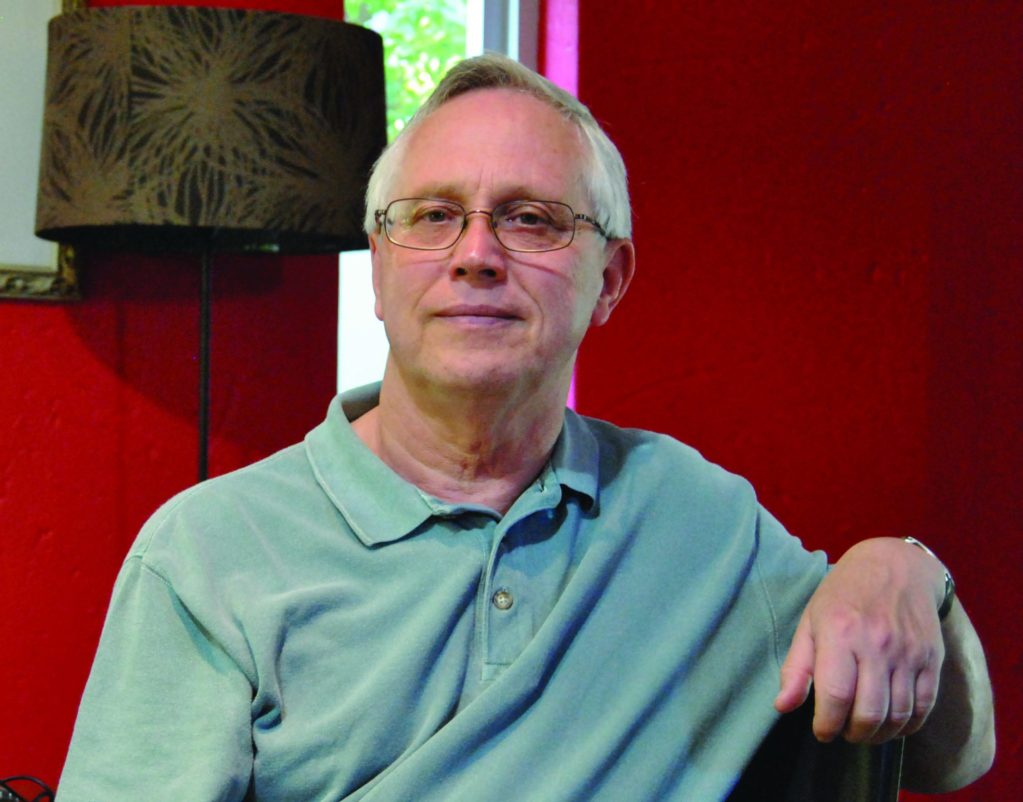The wise, white-haired lawyer who has seen a thousand trials, nodded sagely as he spoke about the shooting that shocked the world. He believes the South African Police Services and government will pay for the deaths of 34 miners at Lonmin’s Marikana mine in Rustenburg, north-west of Johannesburg.
London-based criminal defense lawyer James Nichol traveled 5,600 miles to Johannesburg for a couple of weeks, to give his services for free. Those weeks turned into months of shocking evidence.

James Nichol
“There is no question of self-defense here, these are police officers who had gone completely berserk and had fired into these people. And in some cases there’s evidence of a number of strikers who had been shot in the back,” says Nichol.
The hearings are revealing evidence on how the miners died and 78 others were injured. The week before, 10 people—six miners, two police officers and two Lonmin security guards—were killed as thousands went on a wildcat strike, over pay.
When Nichol saw the images of the Marikana massacre in his living room in England, it reminded the 67-year-old of the shock he felt about the Sharpeville massacre in 1960. On that fateful day in the township south of Johannesburg, the police shot into a crowd of around 5,000 unarmed anti-pass protestors, killing 69 people—many shot in the back—and wounding more than 200.
At 15 years of age, he took to the streets, in his hometown of Newcastle, calling to boycott the apartheid regime.
Nichol knows how hard mining is. He started work as a miner at 15, while his father worked at a coal mine from age 14 near Newcastle. Nichol senior died from dust related heart disease when he was just 40. It left Nichol bringing up his siblings—their mother had died earlier from tuberculosis.
Nichol worked his way up to specialize in miscarriages of justice and is a lawyer for the Socialist Workers Party, of which he is a member. He defended miners during the famous miners’ strike in Britain between 1984-1985.
With the help of a legal team from the Socio-Economic Rights Institute of South Africa (SERI), Nichol represents the families at the commission, which is chaired by retired judge Ian Farlam. It is examining whether the police were justified in using lethal force, whether union rivalry triggered the violent strike and whether Lonmin played a role.
Nichol says the National Union of Mineworkers (NUM) had abandoned its members. He says the union did not write to the bereaved families or represent them at the commission.
“I can think of no graver betrayal than to do nothing for the family of a dead member of your union.”
The families were wholly ignored by the state until Nichol and Joseph Mathunjwa, the president of rival union the Association of Mineworkers and Construction Union (AMCU), found them.
“It seemed to me that it was wrong. I knew then that I was here to stay,” says the lawyer.
However, NUM’s general secretary, Frans Baleni, says that it is the responsibility of the company or the owner of the infrastructure where the incident happened, to call or write to the bereaved families. He added that the families would have had to give consent to be represented by the union and its lawyers.
Nichol believes that the killings could have been avoided because stopping the strike was not about public order but more about strike breaking.
The evidence suggests the police set up an operation of 800 officers the night before the massacre, including several machine guns, rifles with stun grenades, gas grenades and water cannons, plus helicopters and razor wire. The operation also organized ambulances and fire brigades.
“The decisive point for me that this was not about public order and more about strike breaking came on the morning of August 16, when two statements were made: one by the police commissioners when she said: ‘This strike stops today’ and one by the head of press for SAPS when he said: ‘Today is D-day.’ Why? Why did it have to be today?”
Many witnesses will appear over the next few months. A ruling by Farlam is expected in May. Nichol will be listening.
